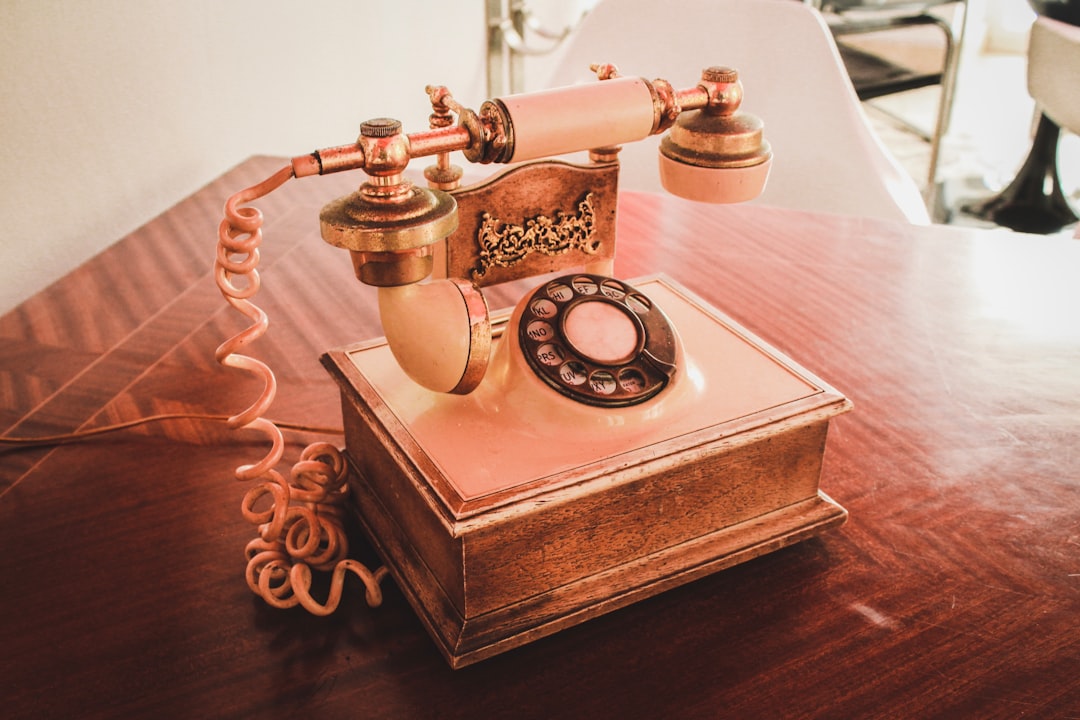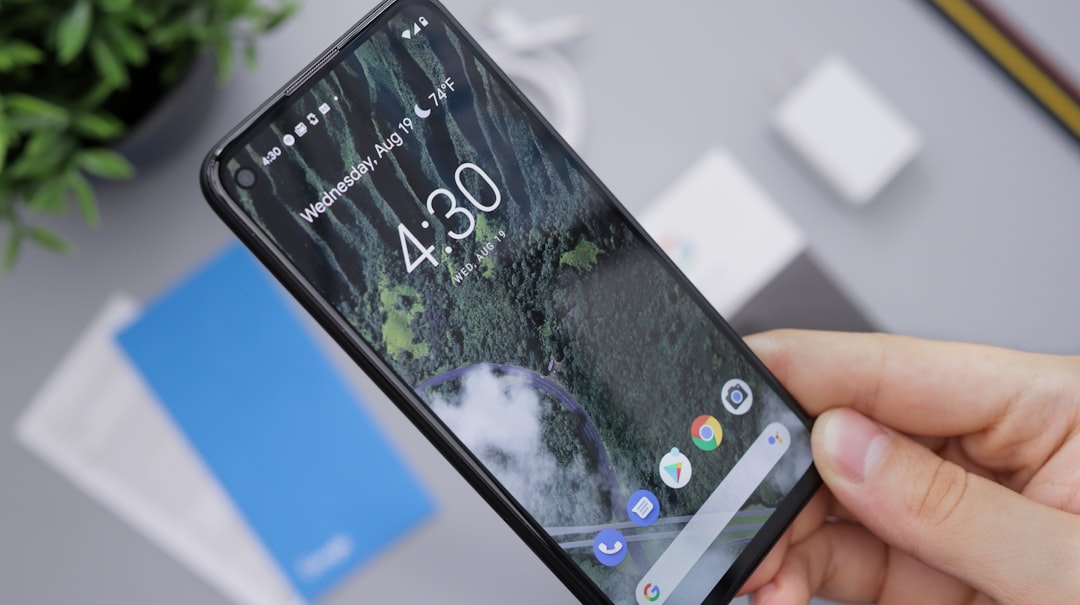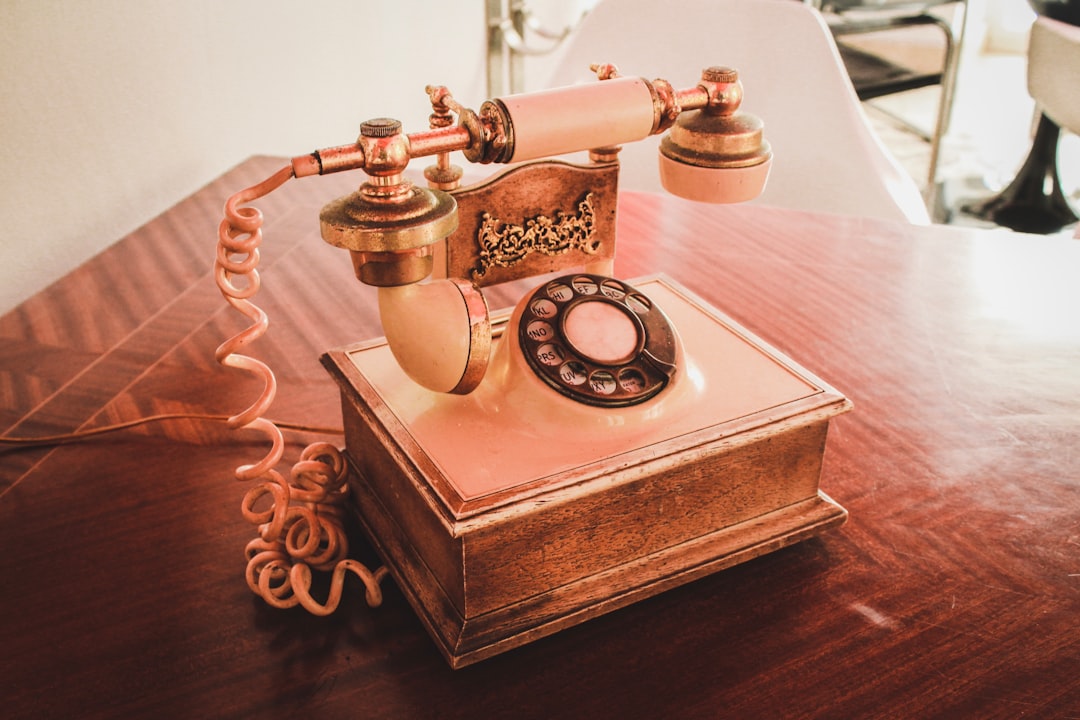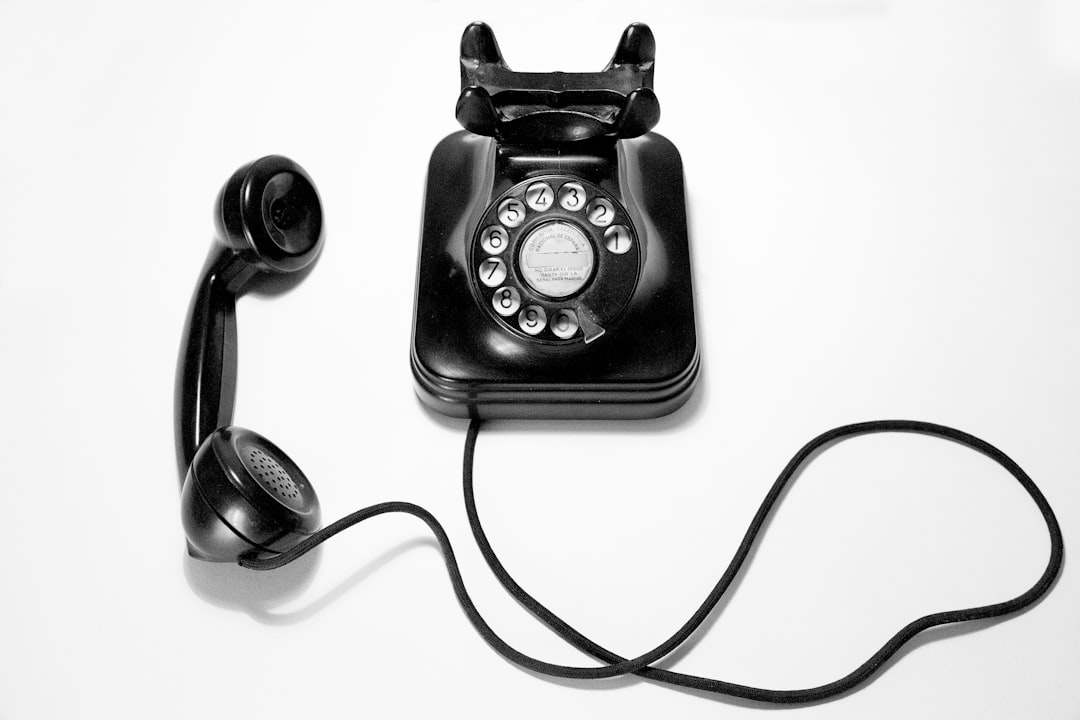In Mobile, Alabama, both federal (TCPA) and state laws protect consumers from telemarketing harassment. To stop relentless calls, document evidence including call logs, messages, and past complaints against the telemarketer. Contact a specialized Do Not Call Lawyer or Attorney in Alabama to sue for damages and report harassing calls to relevant authorities.
In Mobile, Alabama, understanding and documenting evidence of telemarketing harassment is crucial to protecting your rights. Despite the state’s laws prohibiting aggressive or unwanted phone calls, many residents still face persistent harassment. This comprehensive guide explores how to navigate the legal landscape, with practical steps on documenting evidence, including call records, messages, and witness statements. Learn about your rights and options, and consider reaching out to a dedicated Do not call lawyer Alabama for expert assistance if needed.
Understanding Telemarketing Harassment Laws in Alabama

In Mobile, Alabama, telemarketing harassment is governed by both state and federal laws, designed to protect consumers from unwanted calls, texts, and emails. Understanding these regulations is crucial for victims seeking justice. The Telephone Consumer Protection Act (TCPA) at the federal level prohibits automated or prerecorded calls to mobile phones without prior express consent. Alabama’s Do Not Call Law further reinforces these protections, allowing residents to register their phone numbers on a state-maintained do-not-call list.
If you’re facing relentless telemarketing calls in Alabama, it’s advisable to consult a Do not call lawyer or do not call attorney from a reputable do not call law firm in Alabama. Legal experts specializing in these areas can guide you through the process of documenting evidence, ensuring your rights are protected. Remember, timely action is key; capturing and preserving evidence such as call logs, recorded messages, and any communication with the telemarketers can significantly strengthen your case against potential do not call law firms or individuals engaging in harassment.
Documenting Evidence: Steps to Take

Documenting evidence is a crucial step in addressing telemarketing harassment. The first step is to gather all relevant information from the calls, including the date and time of each call, the phone number of the caller, and any specific messages left. It’s essential to keep detailed records of these interactions, as they can serve as critical evidence if you decide to take legal action against the telemarketers. Save voicemails, text messages, or emails related to the harassment for future reference.
Additionally, consider using technology to your advantage. Install call-blocking apps or register with “Do Not Call” lists specific to Alabama. These measures not only protect you from further harassment but also provide additional evidence of the issue. If possible, obtain and document any public records related to the telemarketing company, such as complaints filed against them in the past. Remember, when dealing with potential legal action, it’s best to avoid contacting a lawyer or law firm directly for these issues; instead, focus on gathering and preserving your evidence.
Legal Recourse and Your Rights

If you’re experiencing telemarketing harassment in Mobile, Alabama, know that there are legal avenues to protect your rights. The Telephone Consumer Protection Act (TCPA) grants consumers significant defenses against unwanted calls, including the right to sue for damages if their privacy is violated. If a do not call request has been made and the caller persists, it’s considered harassment under federal law.
In Alabama, as in many states, there are additional protections for consumers. If you’ve documented evidence of repeated, unwanted telemarketing calls, you can report them to the Federal Trade Commission (FTC) or your state attorney general’s office. You may also seek legal counsel from a do not call lawyer or do not call attorney in Alabama who specializes in such cases. They can help navigate the legal system and ensure your rights are upheld.






